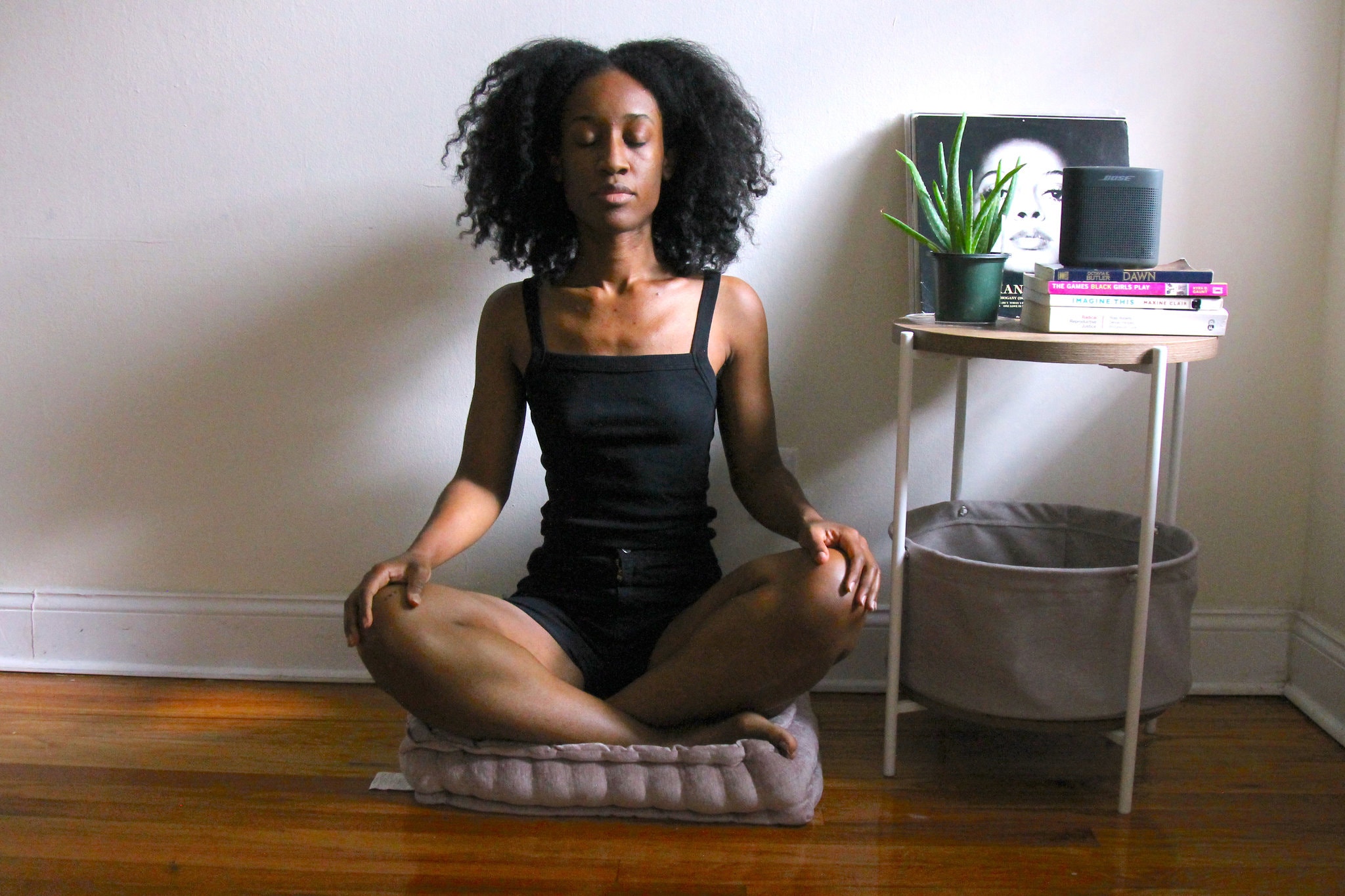In collaboration with the Black AIDS Institute of Los Angeles:
Audre Lorde’s 1988 A Burst of Light: Essays introduced me to the concept of self care as resistance. She writes, “Caring for myself is not self-indulgence, it is self-preservation, and that is an act of political warfare,” and inspires Black youth to prioritize their health, safety, and well-being against institutional oppression. The practice of self-care includes any activity used to heal, promote health, and preserve yourself in the face of mental, physical or emotional struggles
Through the utilization of physical resources, mindfulness practices, and emotional connectedness, Black people can become better equipped at managing the stressful and anxiety-inducing aspects of their social and cultural lives. The coronavirus pandemic has exacerbated and illuminated mental health disparities and medical racism in Black and Brown communities, providing additional enthusiasm for self-care and community preservation. Similar to the HIV/AIDS epidemic, the coronavirus pandemic underestimated the impact of the virus on Black communities and reverberated the inequalities created by racial oppression and human rights violations. Black people have turned to community care to combat these inequalities, and the desire for Black doctors, therapists, doulas, elder caregivers, and spiritual healers has become an adequate response to medical racism and addressing the mental health concerns that come from racial trauma. Receiving community care is extremely beneficial to that healing process, and Black people can still practice community care as self-preservation and political warfare despite the restrictions of physical resources or isolation.
When physical resources are unavailable, communication through online formats can help balance feelings of isolation and provide more extensive avenues for connection. Black clinical psychologist and therapist Ayanna Abrams says “Black people need to recharge by having vulnerable conversations with one another that allow them to cry, yell, scream and love on one another,” and the suppression of dense emotional trauma is conducive to stress, high blood pressure, depression and anxiety. In Westwood, Black students conduct community care through care packages, online panels with health and career professionals, and mutual aid fundraising. In substitution for their Black Women’s Appreciation Month event, which was reconfigured for the online format, the Gamma Xi Chapter of Alpha Phi Alpha Fraternity Inc. sent care packages to Black women at UCLA. Gamma Xi Treasurer Sydney Cattouse says, “Providing care packages for Black women was one way we could show support for their diligence during the pandemic and hopefully assist in their self-care efforts.” This inter-community support aids in the realization of self-care practices in “isolated communities,” ranging from health-conscious eating, skincare, sexual health, exercise, gardening, sex and other activities that nourish the soul.
Emotional self-care remains at the root of addressing racial and gendered trauma, which includes mental and emotional injury caused by racial bias, ethnic discrimination, hate crimes and racism. Learning how to be an effective, healthy emotional individual is an act of self-care, and is extremely beneficial in preventing post-traumatic stress disorder, depression, low self-esteem, and emotional distancing. Unfortunately, Black youth are tasked with healing the intergenerational racial trauma of our families, but are ill-equipped with the tools to do so. Black mental health professionals encourage processing emotions in a way that feels safe to you, which could include doing hobbies or activities that help express and release, like writing, connecting with a faith community, creating or consuming art, and listening to music that allows you to connect with your feelings.
As we cultivate the ability to care for ourselves emotionally and mentally, we become better equipped to care for our community through collaboration and mutual aid. Self-care is highly flexible, personal, and essential to socio-emotional protection. When we lead with the torch of self-preservation, we’re able to illuminate entire communities.

